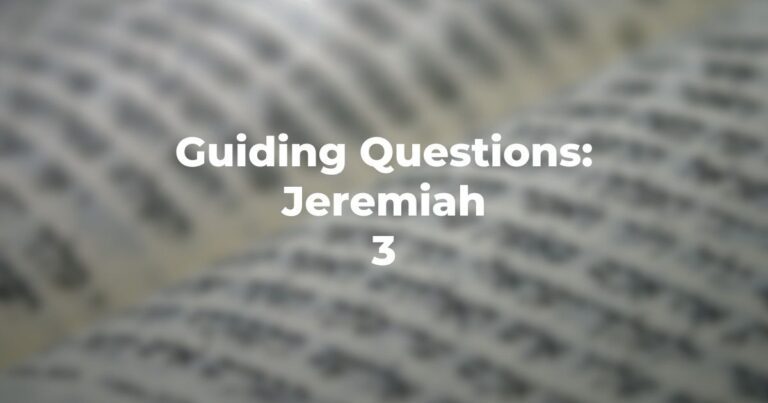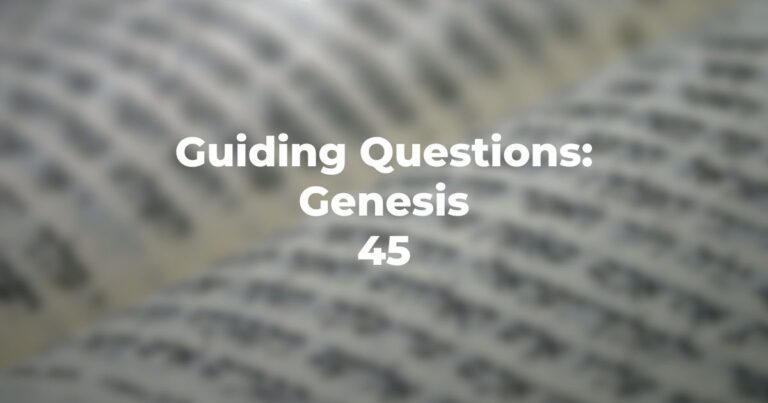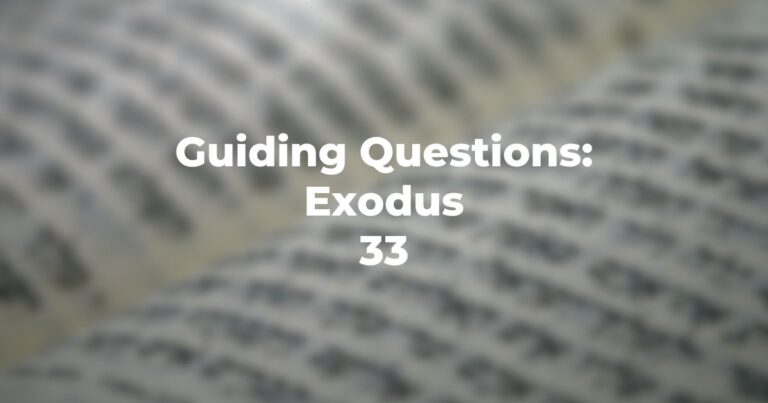- What will be the result of the removal of normal leadership sources?
- In Isaiah 3:2 there are a number of categories of leaders. What is a gibor? A shofet? A navi? And a zaken(and is the latter to be understood chronologically)?
- How do Isaiah 3:5-6 indicate that the office is searching for the man and the man is not searching for the office?
- Why has all this happened to Jerusalem and to Judea (see Isaiah 3:8)?
- Does Isaiah 3:12 indicate an anti-female posture or indicate a total abnormalcy in terms of the era in which the prophet holds forth?
- Isaiah 3:14 strikes a familiar theme. What is the essential characteristic of the Divine and what is the essential failing of the people?
- Why is there persistent refrain about the poor? Is this an indication of prioritizing social justice — and, as such, simply put, central to the Jewish notion of justice?
- Does Isaiah 3:16 criticize female adornments or does it criticize pride in a particular context?
- Would Isaiah 3:18-23 indicate that our ancestors were unfamiliar with adornment, or the opposite?
- Does the Isaiah 3 end in any different mode than Isaiah 1-2? Is there a message of hope at the conclusion?
Author
-

Exploring Judaism is the digital home for Conservative/Masorti Judaism, embracing the beauty and complexity of Judaism, and our personal search for meaning, learning, and connecting. Our goal is to create content based on three core framing: Meaning-Making (Why?), Practical Living (How?), and Explainers (What?).
View all posts





